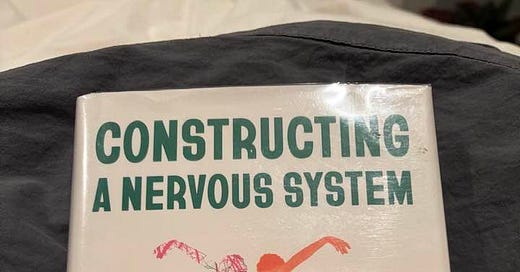Every so often, you crack out of the language invented by other people. I mean, language itself. You crack out of the language that has given you the means to say, wait a minute, that’s not who I am. Every life, in a comic sense, is the Hitchcock movie North By Northwest, in which Roger Thornhill, a man in the wrong place at the wrong time, is mistaken …
Keep reading with a 7-day free trial
Subscribe to Everything is Personal to keep reading this post and get 7 days of free access to the full post archives.




